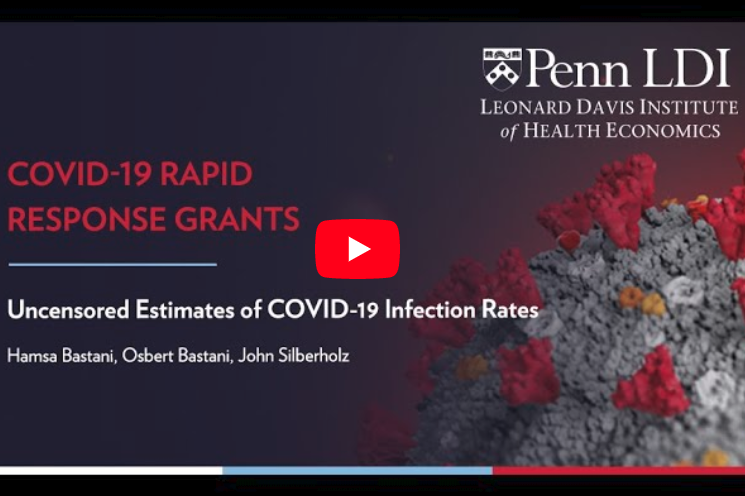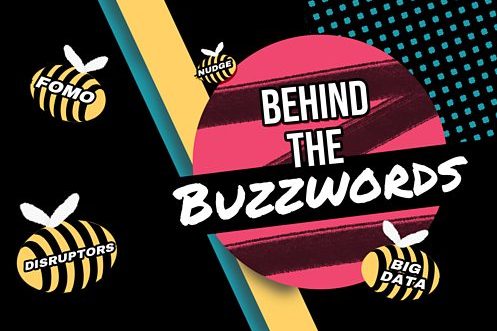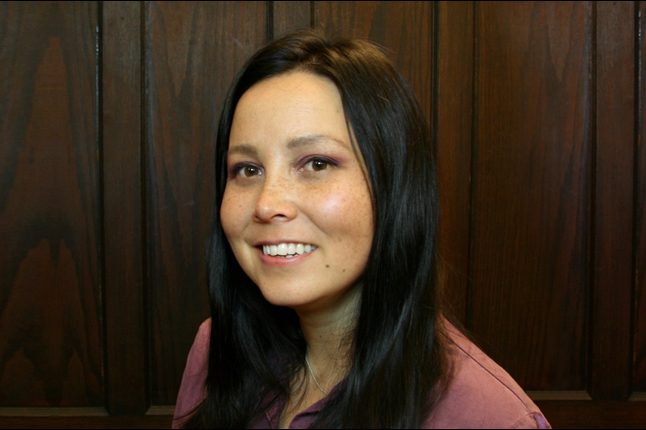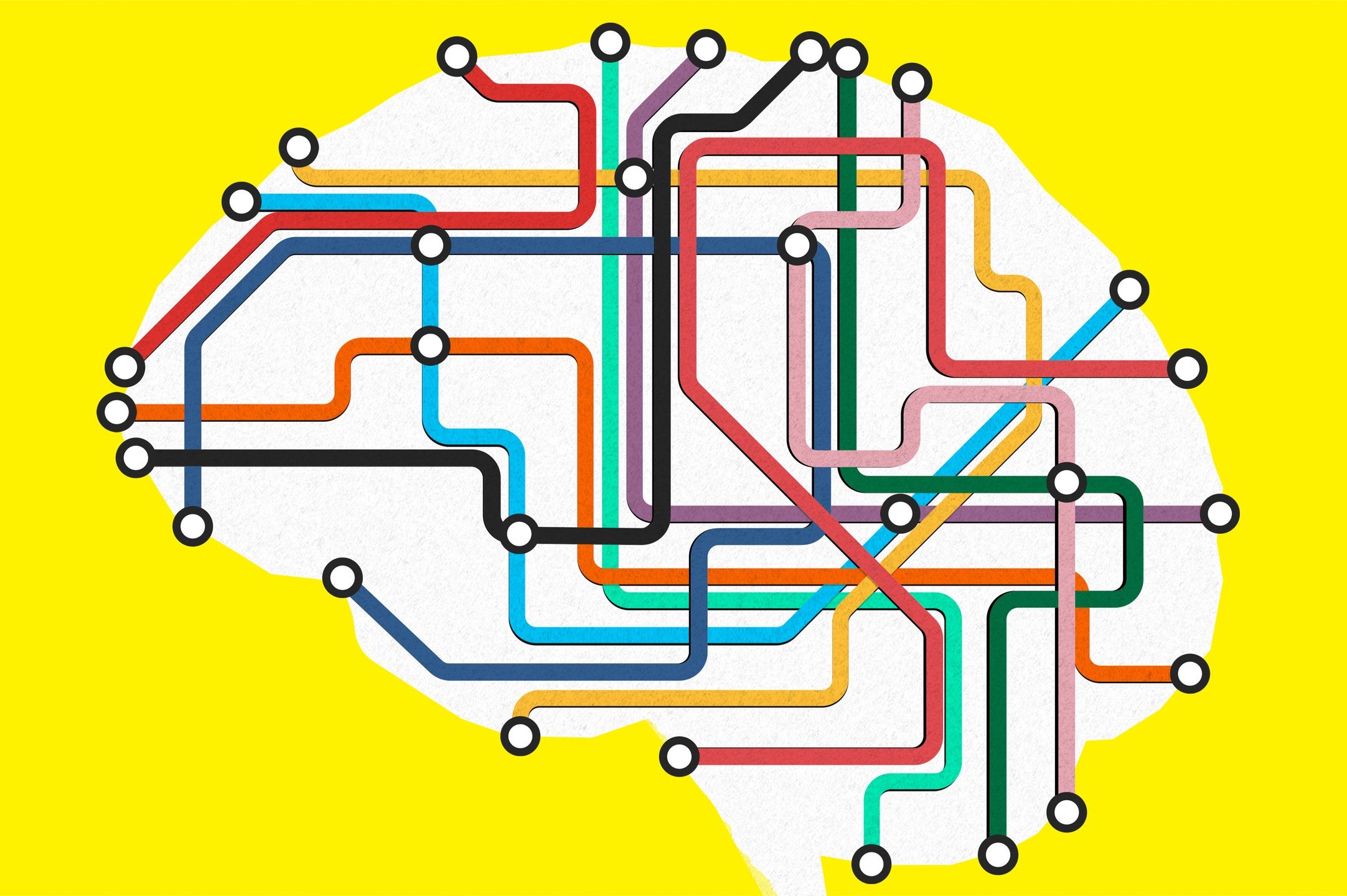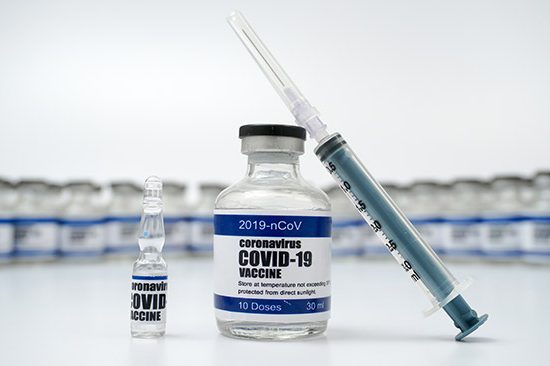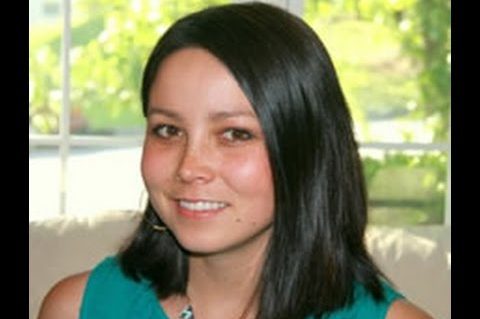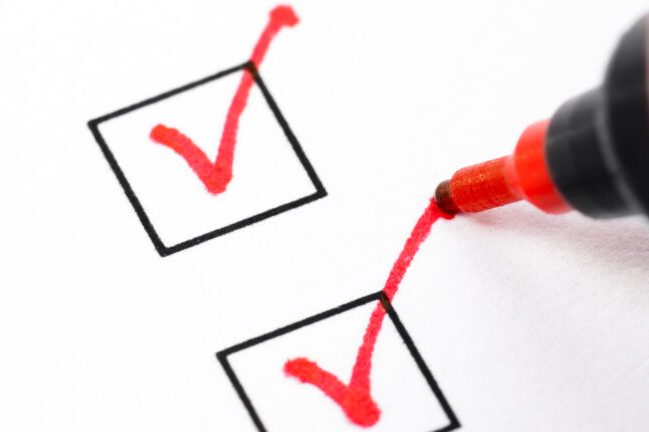
Creating Inclusive Public Policies: Guidelines for Compassionate Regulators
Why are some government policies more inclusive than others, striving to benefit all citizens and not just a select few? “We believe that a policy’s success largely rests on how well inclusion is embedded in its blueprints,” write Santosh K. Misra and Raghuram Iyengar in this opinion piece.
